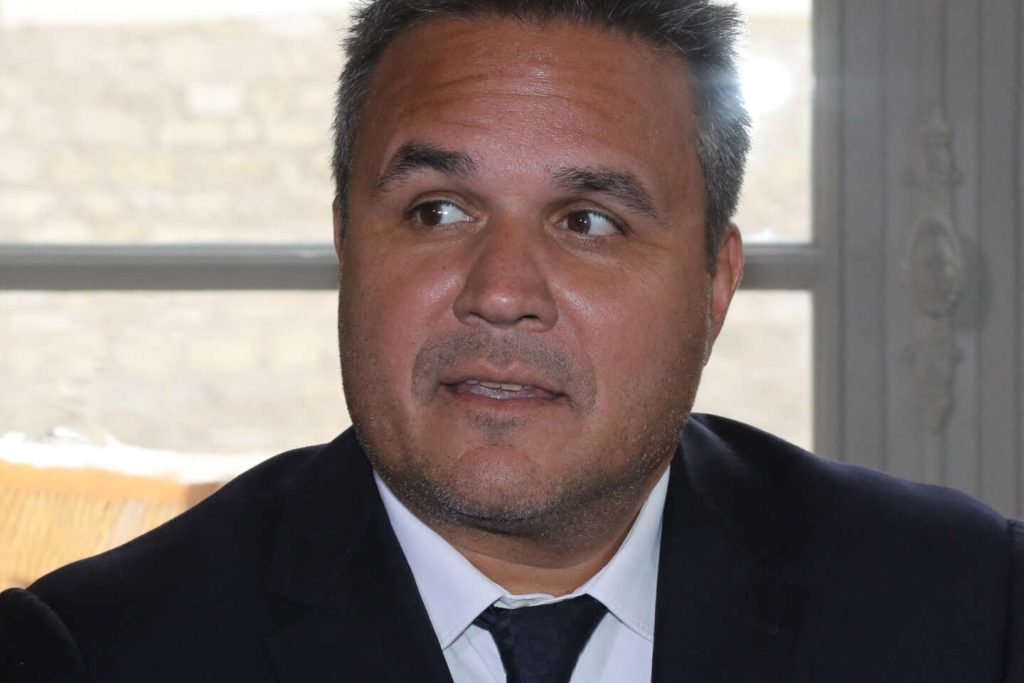Former president of the regional council of La Réunion, Didier Robert, is facing charges for the recruitment of eight technical advisors or mission officers suspected of holding fictitious or partially fictitious positions between 2015 and 2019. The average monthly salary for these positions was 4,800 euros gross. A one-year suspended prison sentence, a fine of 50,000 euros, and a five-year ban from running for office have been requested against Didier Robert, who served as president of the regional council from 2010 to 2021. Additionally, former vice-president Jean-Louis Lagourgue, the former director of Robert’s cabinet, and eight collaborators are accused of being recruited due to political connections or as a reward, facing charges of embezzlement, conflict of interest, and concealment.
The defense lawyers for the eleven defendants have argued for acquittal, criticizing the trial process as rushed and biased. They claimed that there was confusion between evidence and assumptions and accused the court of trying to confirm the findings of the regional audit office, which initiated the case with a report in 2021. Despite these accusations, Didier Robert, now retired from politics and working as a restaurateur, has stated that he takes responsibility for the recruitment of the eight collaborators. He maintains that they were hired for their skills and not for political reasons, insisting that their influence was minimal compared to the support he received from mayors during regional elections.
One of the collaborators, a close associate of the former vice-president of the region, was hired to resolve stalled projects and liaise with regional officials. He reported on his work directly to President Robert. Furthermore, Sabrina Ramin, a councilor who ran on Didier Robert’s electoral list in 2015, was hired as a mission officer at the Saint-Benoît conservatory. However, the director of the conservatory informed investigators that her recruitment was imposed on him, and she did not perform any actual work. These revelations raise questions about the legitimacy of the appointments and the necessity of the roles within the administration.
The trial has shed light on the alleged misuse of public funds and conflicts of interest within the regional council of La Réunion. The prosecution’s request for a suspended prison sentence, a significant fine, and a ban on running for office indicates the seriousness of the charges. The defense’s argument that the accusations are part of a targeted effort to undermine Didier Robert’s reputation and political career adds a layer of complexity to the case. The outcome of the trial will have implications for public trust in politicians and the transparency of public administration in La Réunion.
Despite his assertions of hiring based on merit rather than politics, Didier Robert may face severe consequences if found guilty. The testimonies of the collaborators and witnesses paint a picture of a system where political connections and loyalty played a significant role in securing positions within the regional council. The defense’s claims of a flawed and biased legal process underscore the challenges of navigating the intersection of politics and accountability in a complex administrative environment. The court’s decision will ultimately determine the accountability of officials in positions of power and the repercussions for those who exploit their positions for personal gain.


